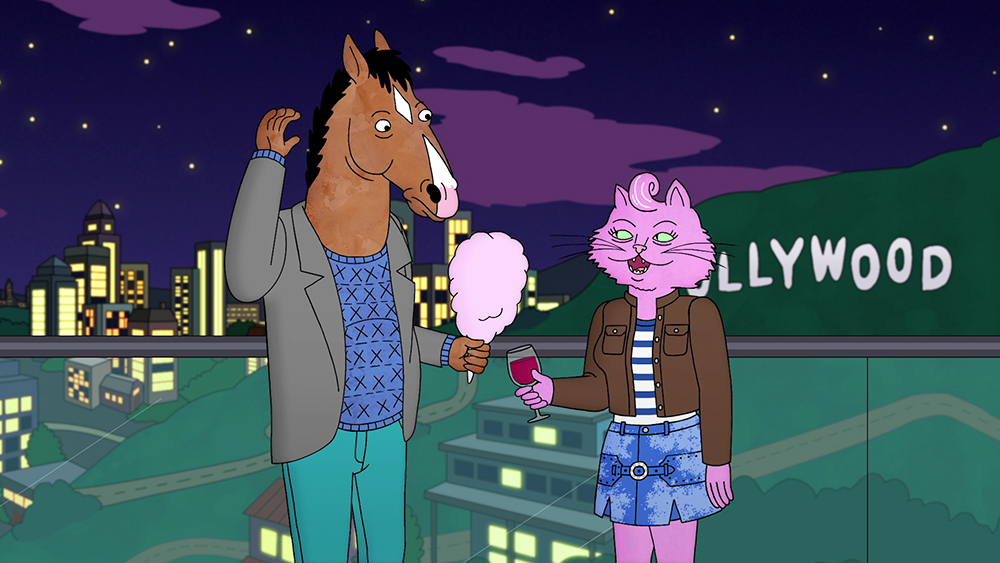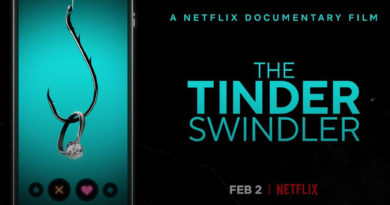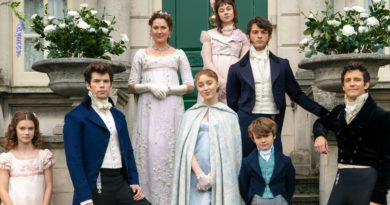Netflix’s Animated Darling Is BoJack Horseman
“Back in the ‘90s, I was in a very famous TV show…”
Bojack Horseman’s end credits summarize the overall concept of the show, which paved its way to being a relatable yet absurd comedy-drama.
The animated Netflix series depicts the flawed and stereotypical society of Hollywood with comedy. The show also explores deeper problems by addressing current events, societal issues, controversy while connecting to the daily struggles of the common man.
The journey this satirical show goes through brings a sense of relatability to the audience, especially in a message that almost breaks television’s “fourth wall.” The primary target audience for this series is usually college students, but it has made its way to touch the hearts of many older adults and even some children in their late-teens.
Each season depicts a different phase in Horseman’s life. The gradual elevation of drama throughout the series also manages to reflect a central comedic aspect that almost makes the audience laugh at their own similarities with the show.
With the rising popularity, BoJack Horseman has been celebrated immensely for its brilliance and growth. The show won the Critics’ Choice Television Award for Best Animated Series in 2016, awards from the Writers’ Guild of America in both 2017 and 2018 and was nominated for an Emmy last month.
The show’s success reached a new level when the show was announced as the first Netflix show to reach syndication on cable television. Netflix finally licensed the show to Comedy Central on Sept. 26, demonstrating the demand for this emotionally-contrasting series.
BoJack Horseman debuted its fifth season on Sept. 14, one that relates especially to relationships. Each season has an individual theme that portrays the struggle of its audience, and this one targeted relationships since its audience has primarily been focusing on these cases with the #MeToo movement or with the feminist rallies, and also because the producers understand the elevation the show was taking and realized that it was time to address a topic of particular composition that affects every person at one point.
This conflict between comedy and drama that constantly irks at the mind overall renders an equilibrium to the audience. The contrasting effect of the episodes is prominent within the series, ranging from psychedelic and adrenaline-filled episodes such as Downer Ending or episodes that tear openly at the audience’s heart like That’s Too Much Man!




